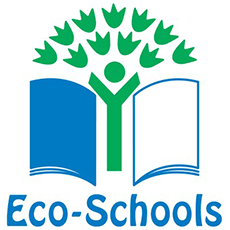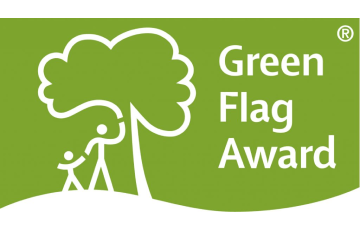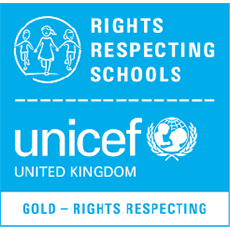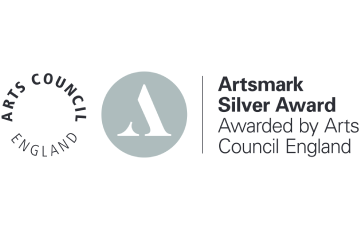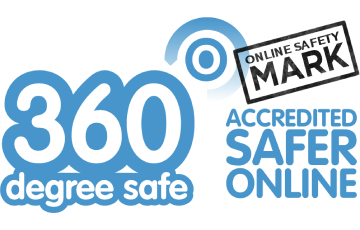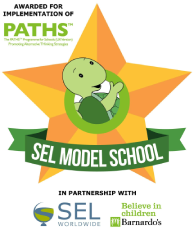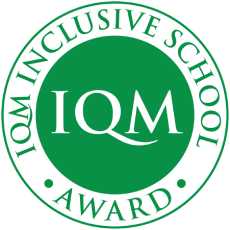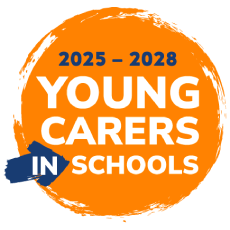- Home
- Classes
- All About Lyme
- Our School
- Vision and Values
- Prospectus
- Staff
- Breakfast and After School Club
- Corporate Social Responsibility
- Online Safety
- Pastoral Support
- Rights Respecting School
- School Holiday Dates 2024-25
- School Holiday Dates 2025-26
- School Meals
- School Opening Times
- SEN and Adaptive Teaching at Lyme
- Uniform
- Wrap Around Care at Lyme
- Young Carers
- Activities
- Extra Curricular Activities
- Academic Enrichment
- Forest School
- Easter Journey for Y5
- Send My Friend to School Campaign
- World Book Day 2019
- Lyme's Anti-Bullying Video
- Staying Safe Online!
- Extreme Reading
- HEALTH AND WELL-BEING WEEK 2019
- SPORTS DAY 2019
- ARTS WEEK 2019
- SCIENCE CLUB 2019
- SCIENCE WEEK 2019
- Learning Challenge Curriculum Exhibition
- Sports Relief 2018
- Social Enrichment
- Residentials and Trips
- School Money
- School Spider Parent App Guide
- Governors
- Curriculum
- British Values
- Curriculum
- Early Years Curriculum
- Maths
- Overviews for Parents Autumn 1 2024
- Overviews for Parents Autumn 2 2024
- Overviews for Parents Spring 1 2025
- Overviews for Parents Spring 2 2025
- Overviews for Parents Summer 1 2025
- Overviews for Parents Summer 2 2025
- PATHS
- Personal Development
- Phonics
- Reading
- Subjects
- Writing
- English and Maths End of Year Expectations
- Assessment
- Statutory Assessments 2024/25
- Protected Characteristics
- Newsletters
- Parent Voice
- Pupil Leadership
- Safeguarding
- Statutory Information
- Pupil Voice
- Contact
MFL: French
Modern Foreigh Languages (MFL) 
Subject Leader Introduction
Bonjour! My name is Miss. Mee and I am the MFL subject leader at Lyme. I know from experience that a language barrier can be extremely challenging and so being able to communicate in another language is a wonderful skill to have.
I believe that it is very important to engage children with language learning as early as possible. The best way to do this is by delivering lessons that are fun and inspiring. My hope is that the pupils at Lyme will develop enthusiasm for languge learning and get a real sense of achievement from mastering and using new key phrases!
Curriculum Intent
We believe that a Modern Foreign Language prepares pupils to participate in a rapidly changing world in which work and other activities are often carried out in languages other than English. The choice of which language to teach is secondary to the lifelong language learning skills that the pupils will be encouraged to develop. Skills that they will be able access in the future will help them to learn new languages or to improve their competence in an existing language. Increased capability in the use of MFL promotes initiative, confidence and independent learning and encourages diversity within society. At Lyme we teach our children a language:
- To foster an interest in learning other languages;
- To introduce young children to another language in a way that is enjoyable and fun;
- To make young children aware that language has a structure, and that the structure differs from one language to another;
- To help children develop their awareness of cultural differences in other countries;
- To develop their speaking and listening skills;
- To lay the foundations for future study.
Implementation
In our school we teach French from Reception to Year 6 children as part of our normal school curriculum. Although the teaching of another language is not statutory until KS2, we value the benefit for our children when engaging in songs and stories from another culture in addition to the foundations to build on for the KS2 curriculum.
At Lyme, we value the importance of specialist teaching, therefore our choice of MFL – French - is suited to the expertise of our school staff. The sessions are taught using an effective scheme – Primary Languages – which ensures the National Curriculum requirements are covered; that skills taught are progressive and all staff feel supported to deliver MFL session with confidence.
At Lyme, French is taught in a variety of ways to make our children’s learning experiences more meaningful: singing, role play, paired and groups games, reading, writing new vocabulary in a variety of contexts and learning about the country itself.
In addition to this, learning a language develops our children’s knowledge and understanding of the world. As a Rights-Respecting School, we are keen to develop our children’s Global Citizenship, which we do through geography units of work, assemblies, Values lessons and Global Week. We strive for our children to be outwardly-looking global citizens who are knowledgeable, tolerant and educated about the wider world.
Assessment and Curriculum Planning
At Lyme Community Primary School we believe children should be taught a modern foreign language through a variety of hands-on learning experiences to develop them as linguists.
There is no expectation to assess the children in Early Years or KS1 in MFL, however, evidence of learning will be captured in floor books and shared with parents and the next class teacher.
At KS2 we use the National Curriculum objective statements to monitor individual pupil progress against the key stage expectations. We will use low-stakes assessment activities, such as quizzes and retrieval activities to assess and build on children’s knowledge and understanding. Children complete a baseline and an end of unit assessment activity linked to the unit’s focus. This information is then used to inform curriculum planning outlining how additional support or challenge can be provided in order to meet the needs of our pupils. Formative and summative assessment evidence is used to make a judgement based on the child’s knowledge, understanding and application of their learning. This is recorded on SIMS (see Summative Assessment and Feedback Policy). This information is also used by teachers when reporting to parents.
Useful websites to support learning at home:
Lyme Community Primary, Lyme St, Newton-le-Willows WA12 9HD


